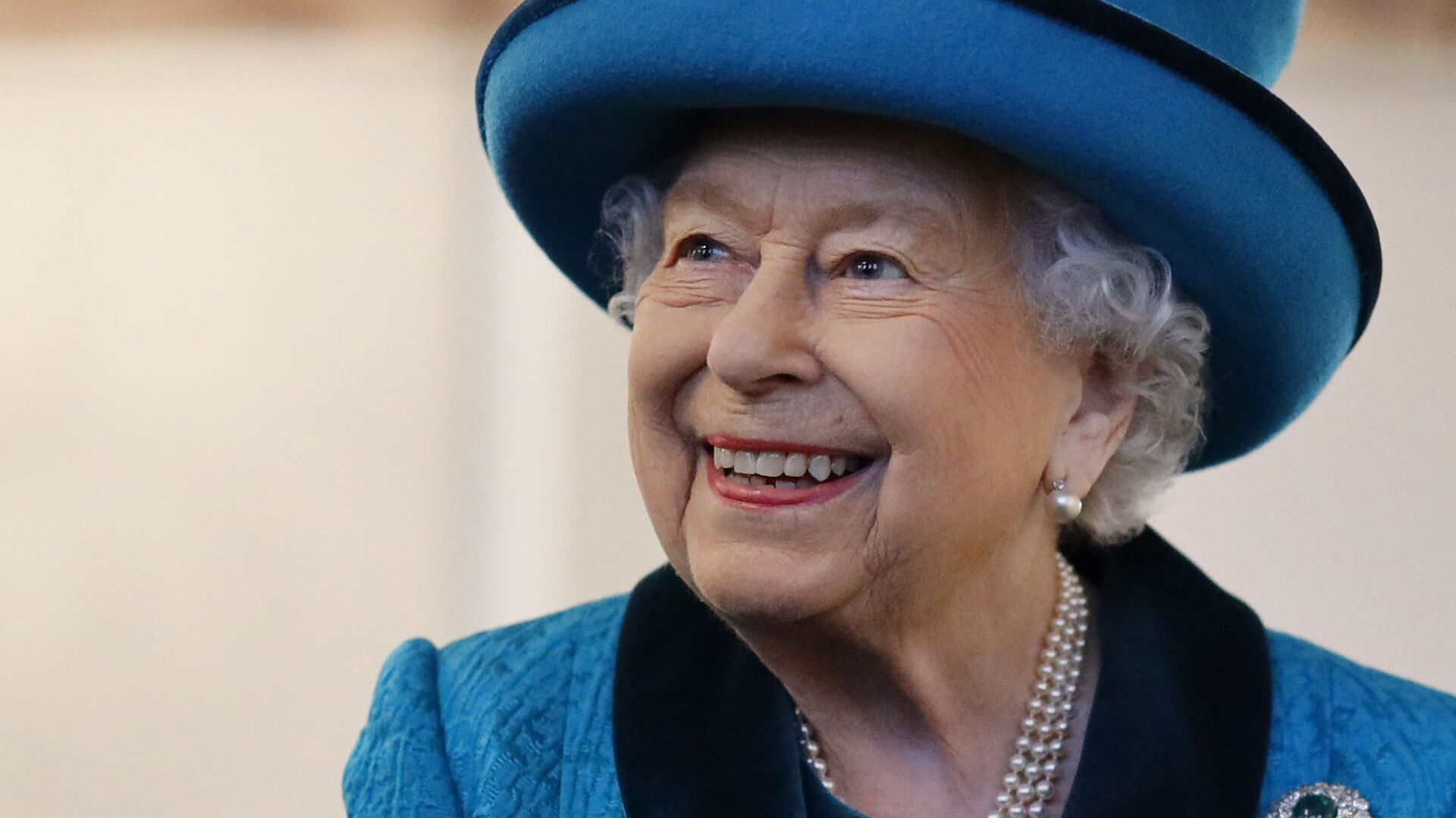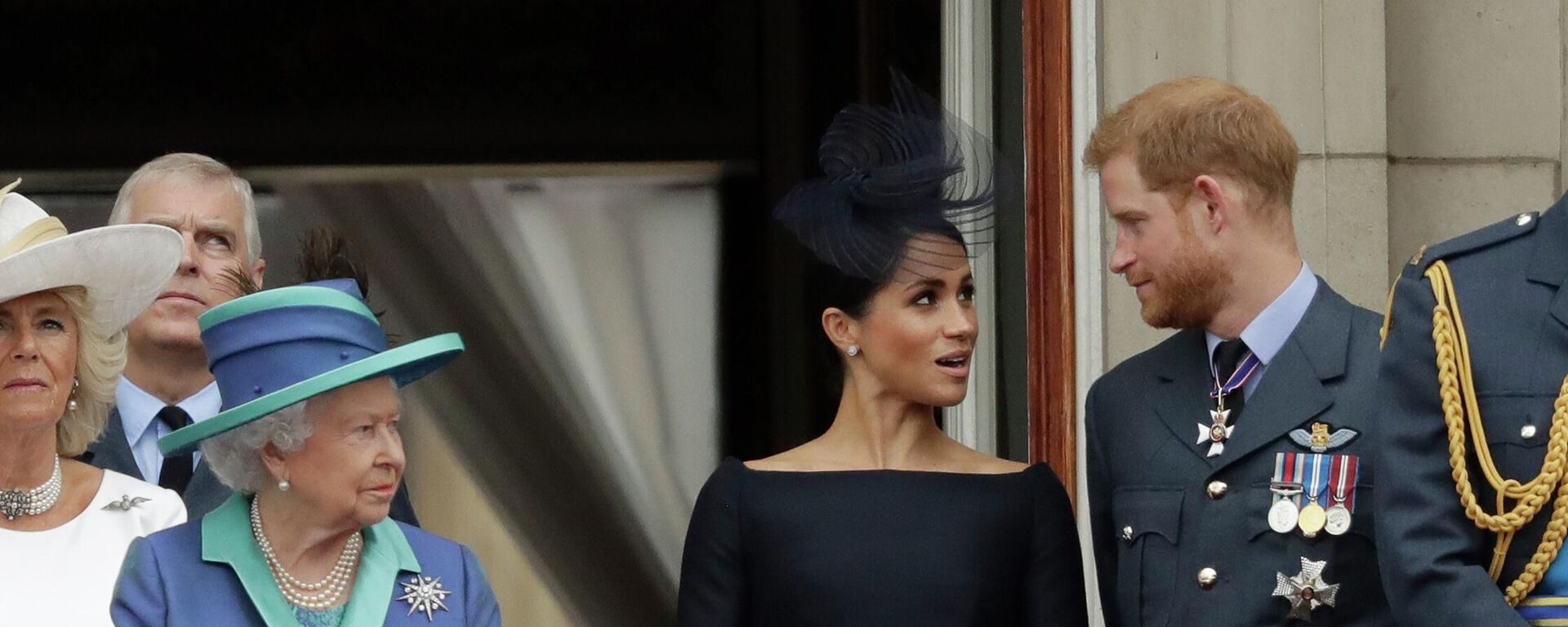https://sputnikglobe.com/20220520/queen-to-bestow-city-status-on-eight-towns-to-mark-platinum-jubilee-1095661770.html
Queen to Bestow City Status on Eight Towns to Mark Platinum Jubilee
Queen to Bestow City Status on Eight Towns to Mark Platinum Jubilee
Sputnik International
City status in the UK is applied eclectically, often based on historical convention or the siting of a cathedral rather than population or royal charter... 20.05.2022, Sputnik International
2022-05-20T15:55+0000
2022-05-20T15:55+0000
2023-05-28T15:19+0000
jubilee
platinum
queen elizabeth ii
britain
great britain
falkland islands
bangor
united kingdom (uk)
https://cdn1.img.sputnikglobe.com/img/07e5/05/03/1082790173_0:109:2079:1278_1920x0_80_0_0_0e091234fd31ec6d0793179fe0122660.jpg
Six UK towns and the capitals of the Isle of Man and the Falkland Islands will be granted royal charters as full cities as part of Queen Elizabeth II's platinum jubilee year celebrations.Cabinet Minister Steve Barclay, the Chancellor of the Duchy of Lancaster, said they were chosen as "places that make Britain great".They include the ancient Roman garrison town of Colchester in Essex, Doncaster in Yorkshire, and the "new town" of Milton Keynes in Buckinghamshire, which was built up from the late 1960s onwards.Scotland, Wales, and Northern Ireland will get one new city each: Dunfermline in Fife, Wrexham in Denbighshire, and Bangor in County Down — not to be confused with the existing Welsh city of the same name.Douglas, the capital of the Isle of Man — a crown dependency and tax haven — with its population of 28,000 will gain a royal charter too.Port Stanley in the Falkland Islands — over which nearby Argentina maintains a rival sovereignty claim — will also become a city.The village-sized main settlement on the remote South Atlantic archipelago had just 2,460 inhabitants in the 2016 census — although that adds up to two-thirds of the autonomous British overseas territory's total population.Southend-on-Sea, also in Essex, became a city in February this year in tribute to murdered local MP David Amess, who had long argued for the boost in status.City status in the UK is applied eclectically, often based on historical convention or the siting of a cathedral rather than population or royal charter status. A third of the current 70 cities had fewer than 100,000 residents at the time of the 2011 census.Wells in Somerset, a city since "time immemorial", has just 10,000 citizens, while St David's and St Asaph in Wales, granted charters in 1994 and 2012, boast just 1,800 and 3,350 inhabitants.Cornwall, of which Prince Charles is nominally the duke, will remain city-less after the charters are bestowed, while the neighbouring county of Devon has two cities, Exeter and Plymouth.
https://sputnikglobe.com/20220507/prince-harry-meghan-markle--prince-andrew-denied-jubilee-balcony-appearance-over-booing-fears-1095332609.html
britain
great britain
falkland islands
bangor
united kingdom (uk)
Sputnik International
feedback@sputniknews.com
+74956456601
MIA „Rosiya Segodnya“
2022
James Tweedie
https://cdn1.img.sputnikglobe.com/img/07e4/08/1c/1080307270_0:3:397:400_100x100_80_0_0_7777393b9b18802f2e3c5eaa9cbcc612.png
James Tweedie
https://cdn1.img.sputnikglobe.com/img/07e4/08/1c/1080307270_0:3:397:400_100x100_80_0_0_7777393b9b18802f2e3c5eaa9cbcc612.png
News
en_EN
Sputnik International
feedback@sputniknews.com
+74956456601
MIA „Rosiya Segodnya“
Sputnik International
feedback@sputniknews.com
+74956456601
MIA „Rosiya Segodnya“
James Tweedie
https://cdn1.img.sputnikglobe.com/img/07e4/08/1c/1080307270_0:3:397:400_100x100_80_0_0_7777393b9b18802f2e3c5eaa9cbcc612.png
jubilee, platinum, queen elizabeth ii, britain, great britain, falkland islands, bangor, united kingdom (uk)
jubilee, platinum, queen elizabeth ii, britain, great britain, falkland islands, bangor, united kingdom (uk)
Queen to Bestow City Status on Eight Towns to Mark Platinum Jubilee
15:55 GMT 20.05.2022 (Updated: 15:19 GMT 28.05.2023) City status in the UK is applied eclectically, often based on historical convention or the siting of a cathedral rather than population or royal charter status. A third of the current 70 cities had fewer than 100,000 residents at the time of the 2011 census.
Six UK towns and the capitals of the Isle of Man and the Falkland Islands will be granted royal charters as full cities as part of
Queen Elizabeth II's platinum jubilee year celebrations.
Cabinet Minister Steve Barclay, the Chancellor of the Duchy of Lancaster, said they were chosen as "places that make Britain great".
They include the ancient Roman garrison town of Colchester in Essex, Doncaster in Yorkshire, and the "new town" of Milton Keynes in Buckinghamshire, which was built up from the late 1960s onwards.
Scotland, Wales, and Northern Ireland will get one new city each: Dunfermline in Fife, Wrexham in Denbighshire, and Bangor in County Down — not to be confused with the existing Welsh city of the same name.
Douglas, the capital of the Isle of Man — a crown dependency and tax haven — with its population of 28,000 will gain a royal charter too.
Port Stanley in the
Falkland Islands — over which nearby Argentina maintains a rival sovereignty claim — will also become a city.
"What was clear to me during the process of assessing each application was the pride that people felt for their communities, local heritage and the Royal family", Barclay said. "As we celebrate Her Majesty The Queen's colossal contribution to society, I am thrilled that we are able to recognise some of the many places that make Britain great".
The village-sized main settlement on the remote South Atlantic archipelago had just 2,460 inhabitants in the 2016 census — although that adds up to two-thirds of the autonomous British overseas territory's total population.
Southend-on-Sea, also in Essex, became a city in February this year in tribute to murdered local MP
David Amess, who had long argued for the boost in status.
City status in the UK is applied eclectically, often based on historical convention or the siting of a cathedral rather than population or royal charter status. A third of the current 70 cities had fewer than 100,000 residents at the time of the 2011 census.
Wells in Somerset, a city since "time immemorial", has just 10,000 citizens, while St David's and St Asaph in Wales, granted charters in 1994 and 2012, boast just 1,800 and 3,350 inhabitants.
Cornwall, of which Prince Charles is nominally the duke, will remain city-less after the charters are bestowed, while the neighbouring county of Devon has two cities, Exeter and Plymouth.





